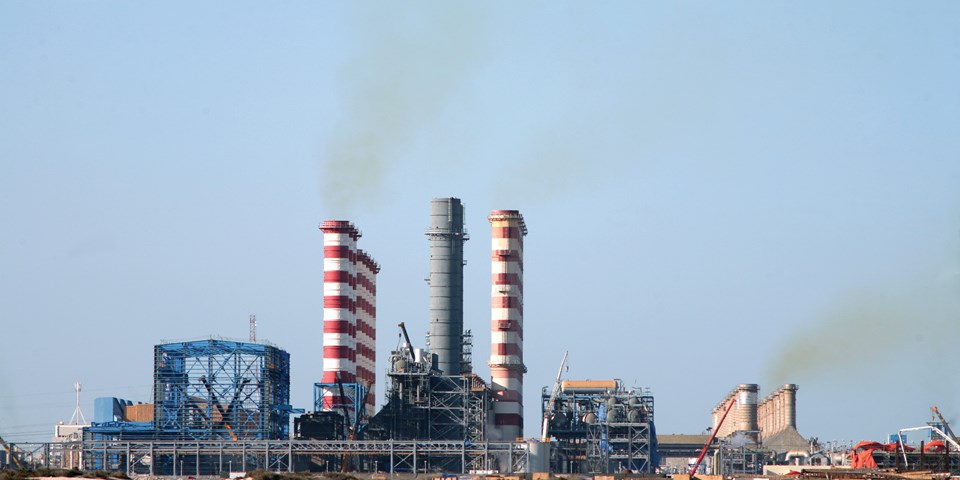Article By Adeel Hassan
___
As for the oil and gas sector, Saudi Aramco is the main driver. The world’s largest O&G-company has chosen to forward integrate by acquiring 70 per cent of SABIC (the world’s largest petrochemical conglomerate) for USD 69 billion in 2019. This acquisition serves the dual purpose of providing liquidity to the PIF and boosting Saudi Aramco’s downstream and international portfolio.
Saudi Aramco has revealed that it will more than double the number of projects being managed by the firm from 200 to 418 projects by December 2022. As such, the financial measures taken by PIF and Saudi Aramco will have “positive impact” on sustained growth of oil and gas as well as other (related) sectors.
The increasing participation of global petro giants and EPC-conglomerates is certainly going to beef-up the demand for valves, related products and services across Saudi Arabia. Furthermore, massive investments in Saudi Arabia for capacity additions at existing end-user facilities coupled with the launch of new projects are expected to further boost the Saudi Arabia valves market through 2020-2030.
The company prefers suppliers that are manufacturing their products in Saudi Arabia by utilizing the local sources. The IKTVA (In-Kingdom Total Value Add) program is designed to support and feed this goal. The stated intent of this program is to localize 70 per cent of the company’s supply chain’s content by 2021 while raising energy-related exports to 30 per cent. By doing so, the company aims to create thousands of jobs for young Saudis. Aramco also stated that having the inventory rooted in the local marketplace greatly increases reliability and results in added efficiency. (Source: Dr. Mohamed Al-Shammari, VP, Saudi Aramco). The IKTVA program features a scoring mechanism based on the spending record of suppliers across the local market and is a key component of “Aramco’s procurement award system”.
Best-in-class infrastructure
Localization is the key to attract megabuyers like Saudi Aramco, SABIC, Saudi Govt Projects, EPC Contractors, SWCC, or Ma’aden.
The recent downturn in oil prices along with the Coronavirus pandemic has slowed down the Saudi market in general. A rebound is expected to start in 3Q 2020, with the demand for valves in non-oil & gas expected to take the lead.
The global valves market was valued at USD 69.7 billion in 2018 and is forecasted to grow at a CAGR of 7 per cent from 2019 to 2027. (Source: Transparent Market Research Group, 2019). The everincreasing worldwide regulations for “stringent workplace safety” to manage industrial processes has increased the global demand for valves. Increased industrialization has led to stringent regulations for industries such as chemicals, oil & gas, water desalination, pharmaceutical, and others. Several regulating authorities in different regions are beginning to adhere to stricter standards. Fugitive emissions is a major area where valves play a vital role. All these factors also come into play in the Saudi Arabian market.
About the author





